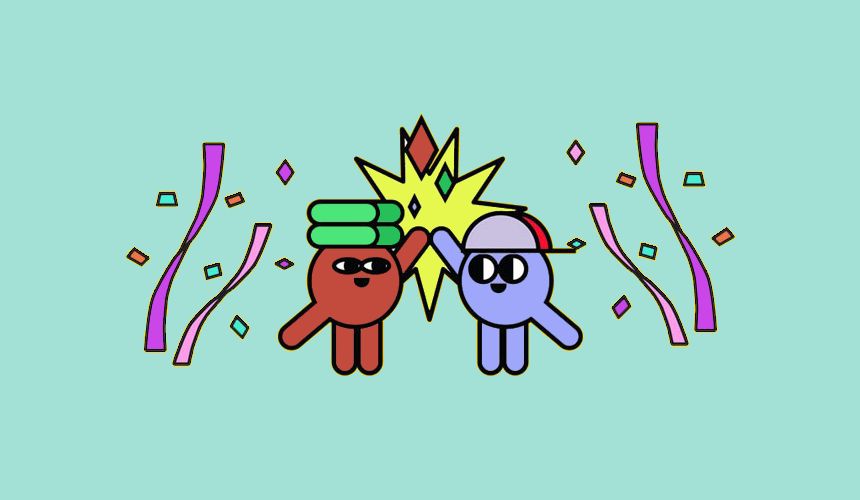The Web Is 30. Whether That's Young or Old Is up to Us.
The web just turned 30, and it's having a quarter-life crisis. But if it's having a quarter-life crisis at 30, the outlook for our future is bleak: The written word is thousands of years old. The printed word is nearly 600 years old. The web? The web, if it's going to be what we need it to be as a society, is barely a baby.
Since its invention in the bowels of a nuclear research laboratory in 1989, the web has changed dramatically.
It started open, and creative. You literally had to create it! Now we're surrounded by billion-dollar startups that want to do anything but let us actually be a part of the web. Instead, these companies want us to experience the web like we watch TV.
Take a look at the earliest webpage we know still exists, created by the web's creator Tim Berners-Lee:
Notice anything? It's simple. So simple that if you've never looked at the source code of a website before, you probably still have a sense of what's going on. But take a look at the code of your favorite social network now, and you'll see it's very different. It's complex. It's not user-friendly. And that means we're in the dark about our own future, and the future of our web.
If we're going to make sure that the web is for everyone, it helps to take a quick spin through the last 30 years:
Personal websites for everyone #
GeoCities launched in 1994. Millions of people could express themselves online for the first time in an easy way. If you're a certain age, you probably remember it looking a little something like this:
Sites get social #
The first "social" media was in full force by the end of the 90's. What was the social web like in 1999? If you don't remember, or just want a little trip down a LiveJournal rabbit hole, we went there:
Coders get social, too #
Ten years later, people were finding each other to share code and ask questions about code. One thing led to another and JavaScript use skyrocketed.
What's next #
At the very same time as the people who made the web were becoming closer, the web was actively becoming harder to make. It was becoming less open and less accessible. App stores and "walled garden" social networks kept users from tinkering or getting messy under the hood.
Here’s where we’re at: The web is 30 years old and it’s in crisis. So what do we do? We’re signing The Web Foundation's Contract for the Web, and we encourage you to do so too. It's a roadmap for building a web that can serve everyone as a public good. But that’s just the first step.
It’s up to us to take things into our own hands, to make sure that the web isn’t a thing that happens us, to make sure that it’s something we create. At Glitch, we’re helping to power it, but the responsibility for creating the web we want is on you, too.
So take back some control of your social networks. Or start a new app yourself, even if you're brand new to coding.
We can’t wait to see what you create.

